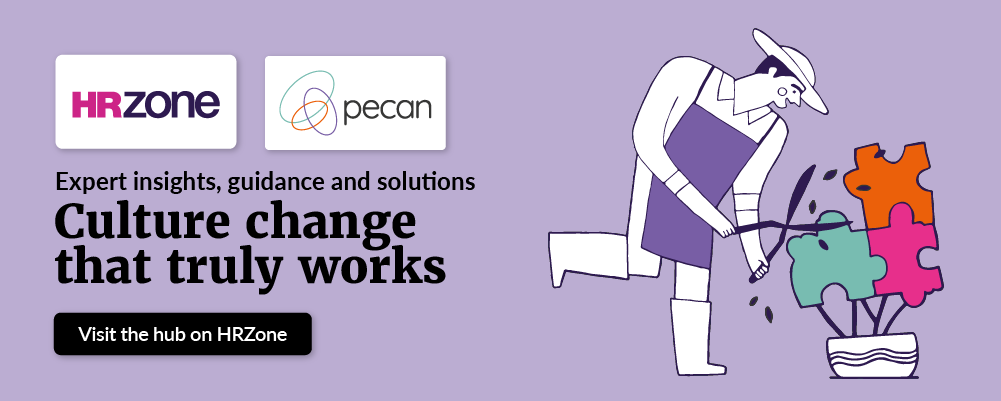Most of us have been on some kind of teambuilding event at some point in our lives. Whether it left you reinspired or feeling like an extra on The Office, the purpose is to build relationships and trust to underpin team success.
When was the last time you participated in a team building event? They have fallen out of favour as it becomes more challenging to a) get everyone together in one location and b) justify the time when there seem to be so many more pressing issues.
However, participants in cross-organisational learning programmes consistently report one of the main benefits is networking with colleagues from other parts of the organisation.
Let’s redefine teamwork
Everyone knows teamwork and collaboration is vital for success. Teams need to come together, often from different functions and at short notice to address problems and accelerate progress. An effective team should be the right matrix of people empowered to achieve an outcome.
Teamwork Redefined was one of the three themes identified in Pecan’s Culture Fit for the Future research conducted in the summer of 2024.
The research highlighted two key problems:
- The ongoing challenges with hybrid working are a distraction from creating collaboration that executes effectively and at pace
- An overwhelming meetings culture is perpetuated by an approach to teamwork that is still hampered by hierarchy, control and role boundaries
360 collaboration
In the research, collaboration was the most common word chosen by survey respondents and led to the idea of 360 collaboration:
- Up and down within a team or function
- Across functions and teams within organisations
- With external stakeholders e.g. partners, investors, customers, regulators, government
But teamwork and collaboration are not always straightforward. It’s often easier to just do the task yourself or work with your usual ‘go to’ people.
It often takes a crisis for groups of people to come together, drop their egos, judgements or positions and work together to get something done. The Covid vaccine response was a memorable example, where a vaccine was developed and mass-produced in a tenth of the time it would normally take.
How do we redefine teamwork? (without a big crisis)
“Being connected has many levels of meaning: connected as individuals, connected within your team and then connected to the company vision and values.”
As this respondent indicates, connectivity must be at the heart of how teams form, operate and deliver.
The importance of diversity to help us ‘see round corners’ will continue to grow, as our customer and employee demographics change.
The Culture Fit for the Future report included seven practical and proven tips for redefining teamwork and create effective collaboration. Any one of these will make a difference; doing them all will be game-changing.
- Teach people how to build strong relationships in a hybrid environment – based on trust and mutual respect
- Be clear about the shared purpose and objectives in all relationships
- Strengthen emotional intelligence. A tool such as EQi can be a helpful framework for individuals and teams to improve ways of working and wellbeing
- Make it easy for people to access various strengths, skills and experience across the organisation
- Open up decision-making participation to individuals who you wouldn’t typically include
- Develop a shared understanding of what good empowerment looks like and how to do it well
- Shine a spotlight on teams delivering successfully – make it clear how the way they work achieves the best possible outcomes
Three questions to help you focus on the right areas
Finally, here are some culture diagnostic questions to help you uncover what to prioritise in your own organisation:
- Typically, do people in the organisation focus on outcomes or activity?
- Where are the best examples of multi-skilled matrix teams?
- Which teams would benefit from greater diversity?
For more details on redefining teamwork, download Pecan’s Culture Fit for the Future report







